The Hub was founded in 2020 by 8 organizations in the Arab region, collectively aiming to initiate renewed discussions and interest in social protection, particularly highlighted by the lack of social protection schemes needed to ensure equitable and reliable coverage during the pandemic. With time, the Hub aims to grow to incorporate more organizations and initiatives.
No single entity owns the Hub. It is administered by the Arab Reform Initiative (ARI) and run by an executive team of professionals with diverse specializations, ensuring the Hub’s sustainability through administrative support, ethical oversight, and engagement with potential partners. It was established in partnership with seven research and media partners and with the support of 14 advisory board members active in countries across the region. During its inaugural years, the Hub engaged with over 70 individuals and organizations specialized in social protection. They were involved in discussions around potential collaborations and together developed a declaration to help solidify and publicize a unified position and intent regarding social protection in the Arab region.
The Hub is an open collaborative space for the development of ideas and initiatives that can enhance interest in and facilitate a deeper understanding of social protection needs in the region. Such endeavors are best implemented collectively and nourished by the skills and knowledge of researchers and activists, individuals and organizations, with both national and transnational expertise.
All persons and organizations engaged in social protection in the Arab region are free to feed from and into the Hub. During its inception years (2020-22), the Hub: (a) produced and commissioned over 25 research papers and reports on issues pertaining to social protection in the region; (b) produced a comprehensive directory of knowledge that sheds light on said issues; and (c) hosted a series of live and recorded discussions with experts that facilitated dialogue and networking between professionals in the field. Such activities will continue throughout 2023 and beyond in collaboration with partners and associates. Should you wish to be among them, we invite you to join us.
EXECUTIVE TEAM
Farah Al Shami is the Senior Fellow and Social Protection Program Director at ARI.
Diala Ahwach is the Coordinator on Human Rights and Social Justice at ARI.
Sarah Anne Rennick is the Deputy Director at ARI.
Nadim Houry is the Executive Director at ARI.
Ghassan Aldaoud is a Program and Research Assistant ARI.
Nadi Farag is an Intern in the Social Protection Program at ARI.
Serene Dardari is the Director of Communications at ARI.
Said Haddadi is the Director of Publications at ARI.
ADVISORY COMMITTEE OF SENIOR ACADEMICS WORKING ON SOCIAL PROTECTION
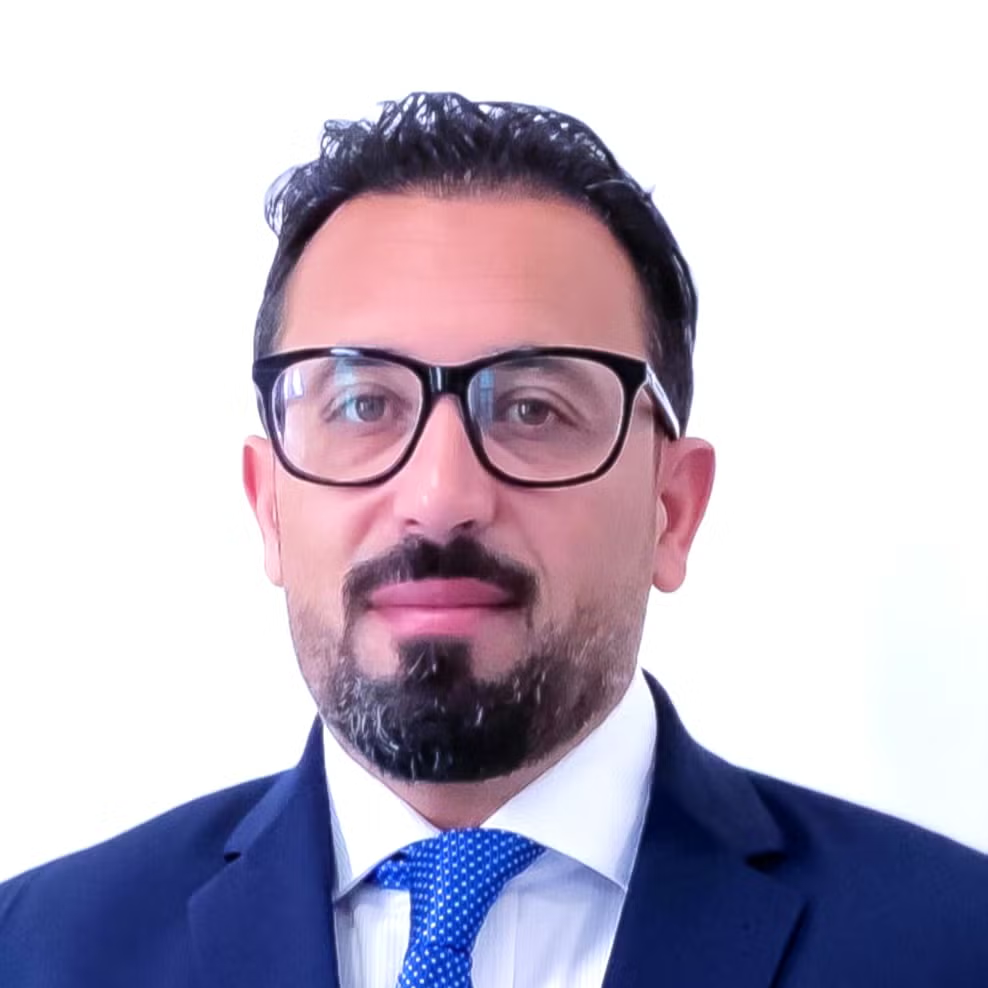
Anis Ben Brik is an associate professor and founding director of the Program for Social Policy Evaluation and Research (PROSPER) at the College of Public Policy, Hamad Bin Khalifa University (HBKU).
Before joining HBKU, Dr. Ben Brik served as director of the Family Policy Department at the Doha International Family Institute. He previously served as a senior policy advisor and consultant to many government ministries and organizations in the Middle East and North Africa region. He is the founding president of the MENA Evaluation Society and the Global Observatory for Family Research and Policies. He also serves as the MENA region Organizing Partner of the United Nations NGO Major Group. Additionally, he has published empirical research in a wide range of international peer-reviewed journals, including Children and Youth Services Review, Early Child Development and Care, Child Indicators Research, and Decision Sciences. His most recent publications include Families and Social Change in the Gulf Region (Routledge).
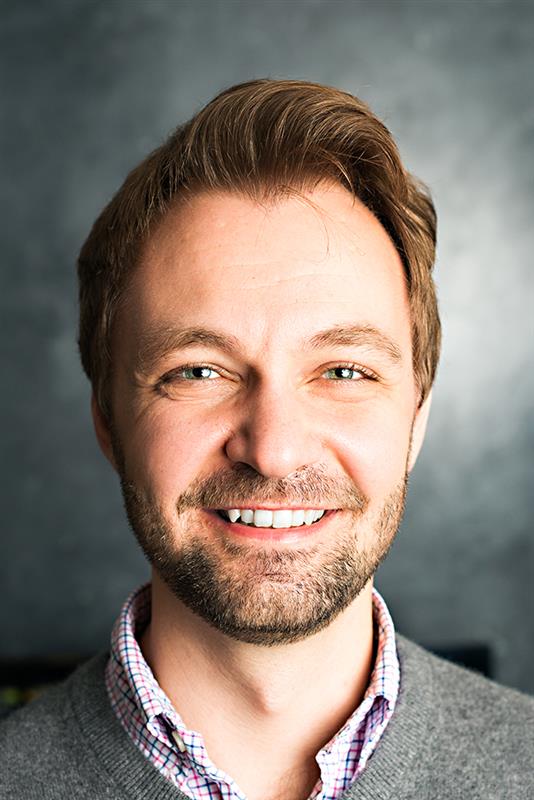
Ferdinand Eibl is Senior Lecturer in Political Economy at King’s College London. Ferdinand’s research focuses on the political economy of authoritarian rule in the Middle East and North Africa (MENA), particularly in the areas of distributive politics, crony capitalism, and the political economy of civil-military relations. His first book, Social Dictatorships: The Political Economy of the Welfare State in the Middle East, was published with Oxford University Press. His articles have been published in the British Journal of Political Science, International Studies Quarterly, the European Political Science Review, and the Journal of North African Studies, amongst others.
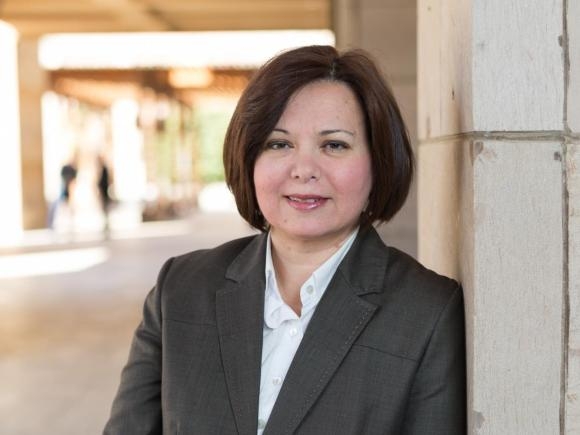
Ghada Barsoum is a professor at the Public Policy and Administration at The American University in Cairo (AUC). Barsoum has more than seventy publications, including articles in top-tier peer-reviewed journals, technical reports, book chapters, encyclopedia entries, policy papers and a book on women’s employment. She writes and teaches on issues pertaining to social policies in the Middle East, women’s work and employment policies, green jobs, and higher education policies. She has consulted for a number of organizations, including the World Bank and a number of UN organizations. Barsoum obtained her PhD in Sociology from the University of Toronto in 2005 and her master’s degree from AUC.
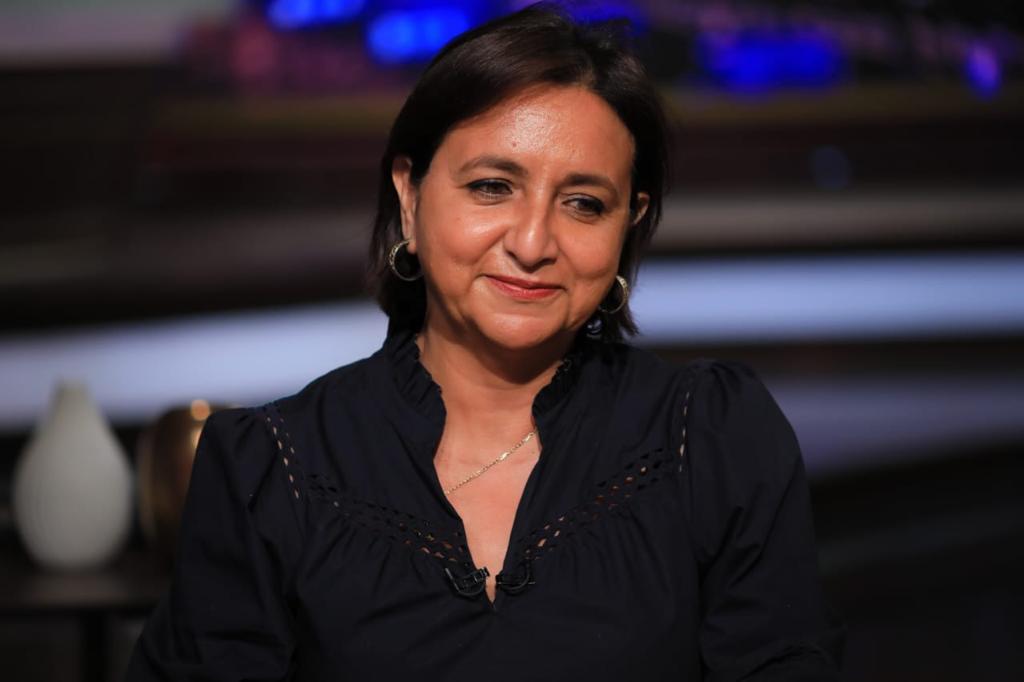
Hania Sholkamy is an Egyptian anthropologist with a PhD from the London School of Economics and Political Sciences, The University of London. She obtained her BA and MA from the American University in Cairo (AUC). She is currently associate research professor at the Social Research Center of the AUC and National Coordinator of the Egyptian Government Conditional Cash Transfers Program. Prior to her current position she has been employed as assistant professor of anthropology in the department of anthropology of the AUC, has been a research associate at the International Population Council and was the Ioma Evans Pritchard Junior Research Fellow at St. Anne’s College, Oxford University. Her research interests and publications are mainly in the fields of gender, social policy and poverty alleviation, health, particularly reproductive health, population and qualitative methods. She has co-edited two volumes, one titled Categories and Contexts: Anthropological and Historical Studies in Critical Demography (OUP) with S. Szreter and A. Dharmalingam and another titled Health and Identity in Egypt (AUC press) with F. Ghanam.
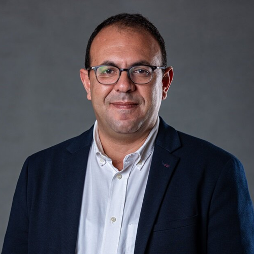
Hicham Ait Mansour is an associate Professor of Sociology at Mohammed V University in Rabat. His main areas of research are social policy analysis, social protection, political participation of youth, migration as well as knowledge production in the social sciences in the Arab World. He is an associate member of the Arab Council of Social Science based in Beirut (Lebanon) and the Social Policy in MENA Network based at the University of Bath (UK).
He is the Director of the National Evaluation Body at the Higher Council for Education, Training and Scientific Research (Since April 2023). Before that, he has been the Deputy Director of the same institution from July 2021 to 2023. He holds a PhD in Sociology from Mohammed V University in Rabat, as well as a Master’s in « Policy Research » from the University of Bristol, in the United Kingdom. He was also a Fulbright Visiting Researcher at the City University of New York in 2013-2014.
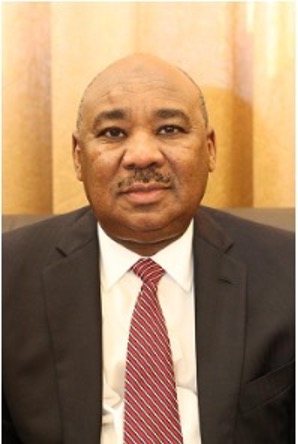
Ibrahim Ahmed Elbadawi is the Founder and Former Managing Director of The Economic Research Forum. He previously held the following positions: Minister of Finance and Economic Planning, Republic of Sudan (Sept 2019-July 2020). Appointed by the UN Secretary-General to the High-Level Advisory Board on Economic and Social Affairs of the United Nations (in December 2020).
Before joining the Economic Research Forum (ERF), he held several key positions: Director at the Economic Policy & Research Center, Dubai Economic Council (2009–2016); Lead Economist at the World Bank’s Development Research Group (from 1989); Research Director at the African Economic Research Consortium (1993–1998); and Professor of Economics at the University of Gezira in Sudan (1984–1989).
Elbadawi is co-editor (with Ishac Diwan) of the MENA Growth Commission Report (2022), published by ERF and the Finance for Development Lab. His recent edited books include Understanding and Avoiding the Oil Curse in Resource-rich Arab Economies (with Hoda Selim, Cambridge University Press, 2016) and Democratic Transitions in the Arab World (with Samir Makdisi, Cambridge University Press, 2016).
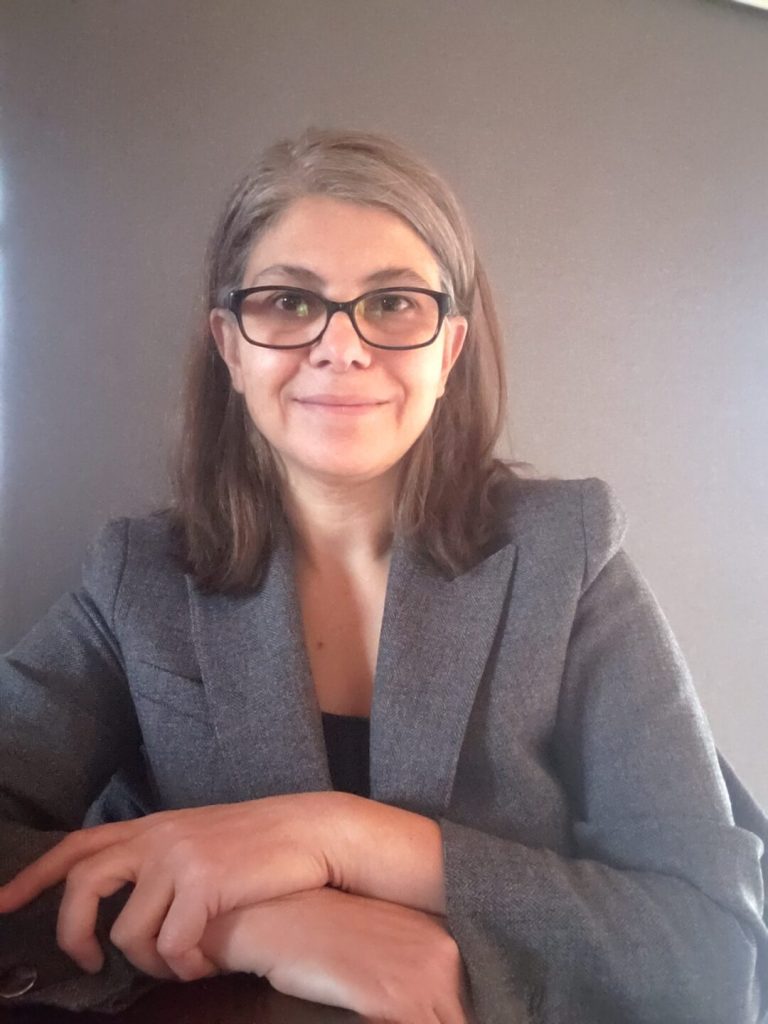
Ibtesam Al-Atiyat is an Associate Professor at St. Olaf College, previously served as Acting Director General at the UN Institute for International Leadership in Jordan. She holds a PhD from the Free University of Berlin and completed a postdoc at the Raoul Wallenberg Institute in Sweden. As a Fulbright and Resident Scholar at the University of Wisconsin, and a Resident Scholar at the Kettering Foundation for Deliberative Democracy, her expertise lies in social movements and gender issues in the Middle East and North Africa. Notably, she edited “Uprisings and Gender Justice in the Arab World”, published by the Arab Network for the Study of Democracy and the Issam Fares Institute. She holds a PhD from the Free University of Berlin and completed a postdoc at the Raoul Wallenberg Institute in Sweden. As a Fulbright and Resident Scholar at the University of Wisconsin, and a Resident Scholar at the Kettering Foundation for Deliberative Democracy, her expertise lies in social movements and gender issues in the Middle East and North Africa. Notably, she edited “Uprisings and Gender Justice in the Arab World”, published by the Arab Network for the Study of Democracy and the Issam Fares Institute.
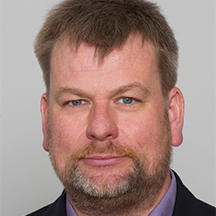
Markus Loewe is Research Team Leader at the German Institute of Development and Sustainability (IDOS), in Bonn, Germany, and Honorary Professor for Social Protection and Inclusive Growth at Bonn-Rhein-Sieg University of Applied Science. He studied development economics and political science in Tübingen, Erlangen and Damascus and received his PhD from Heidelberg University. In 2015, the University of Erlangen-Nuremberg offered him a chair in economics. His research focuses on social protection, poverty reduction, industrial policymaking, small and medium enterprise development, effects of corruption, demographic development and the concept of the social contract. His regional focus is the Middle East and North Africa. His more recent publications include “Drivers of change in social contracts in the MENA region” (special issue, Mediterranean Politics, 2024, ed. and main author of the conceptual article), “Disentangling the relationship between social protection and social cohesion: introduction to the special issue” (special issue, European Journal of Development Research, 2022, ed. with F. Burchi and D. Malerba), “Framing the emergence of new social contracts in Middle East and North African countries” (special issue, World Development, 2021), and “Handbook of social protection systems” (Edward Elgar, 2021, ed. with E. Schüring) and “Social protection in the MENA countries: prospects for a new social contract?” (special issue, International Social Security Review, 2018, ed. with R. Jawad).
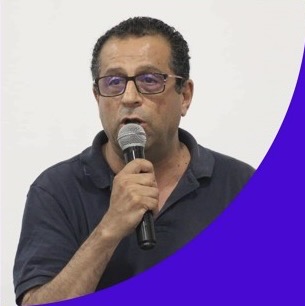
Nizar Ben Salah is a Lecturer and General Secretary of the General Union of Higher Education and Scientific Research in Tunisia, and Head of the University Professors and Researchers Division within the Tunisian General Labour Union (UGTT).
He is an expert in labor rights and social policy.
With extensive academic and institutional experience, Professor Ben Salah has been a leading figure in defending the rights of higher education professionals in Tunisia. As General Secretary of the UGTT’s higher education federation since 2021, and previously in key union leadership roles at both local and regional levels, he has played a central role in shaping national dialogue on university reform, governance, and academic freedom. He is also a seasoned educator and researcher in mechanical engineering, committed to bridging technical expertise with social engagement.
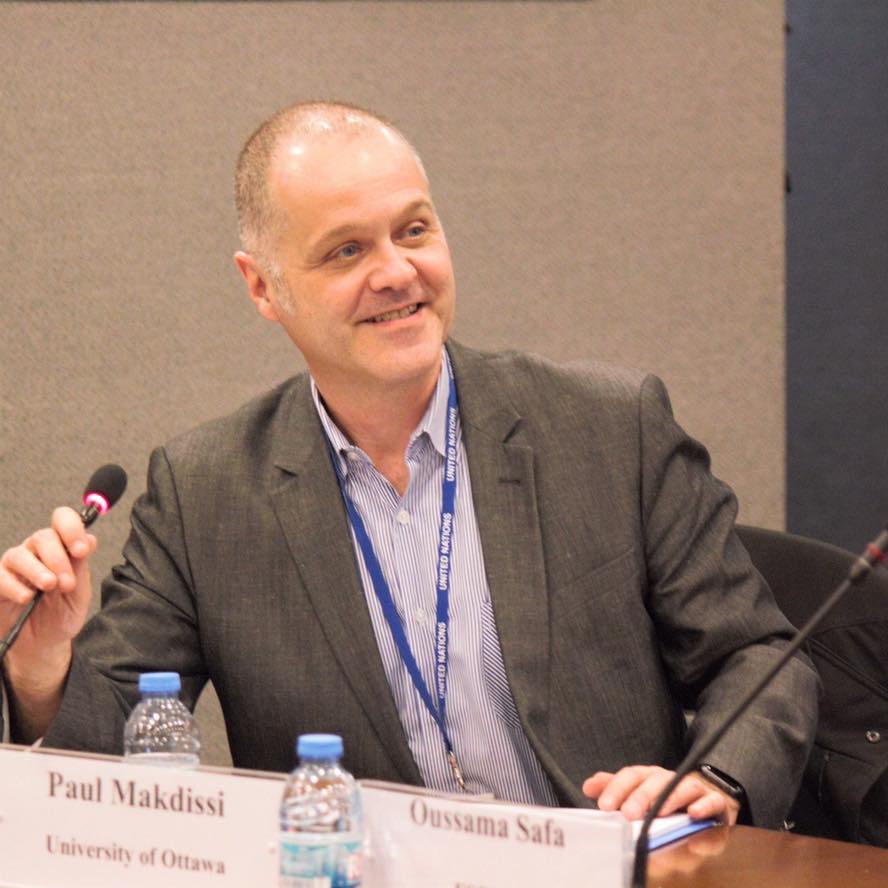
Paul Makdissi is a professor at the Department of Economics of the University of Ottawa and a research fellow of the Economic Research Forum for the Arab Countries, Iran, and Turkey (ERF). He is currently an Associate Editor of the Journal of Economic Inequality. Previously, he held positions at the Université de Sherbrooke (Canada) and the Vrije Universiteit Amsterdam (The Netherlands). His main research areas are socioeconomic health inequality, multidimensional inequality, income inequality, and the distributive impact of taxation, subsidies, transfer programs, and public pricing. He was the president of the Société canadienne de science économique (the French Canadian economics association) for the 2021-2022 academic year. From 2017 to 2019, he was the thematic leader for the ERF’s Equity and Inclusive Growth research theme. He has consulted for many international organizations, ministries, and agencies in Canada.
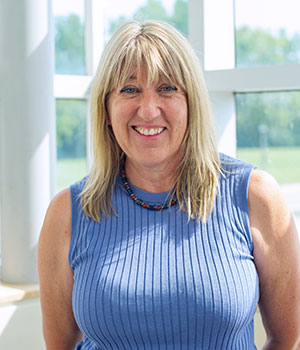
Rachel Forrester-Jones is Director and Professor of the School of Health Studies at Western University (ON-Canada). She joined Western from the University of Bath (UK), where she was Professor of Social Policy, Head of the Department of Social and Policy Sciences, and the director of the Centre for the Analysis of Social Policy. Prior to Bath, Dr. Forrester-Jones held the chair in Social Inclusion at the University of Kent (UK) and was Director of its Tizard Centre of Intellectual and Developmental Disabilities. Her research explores the social determinants of health, with a focus on people with disabilities. She looks at healthcare through the eyes of those with disabilities and uses her training as a qualified Barrister to contribute to legal issues related to health in diverse communities.
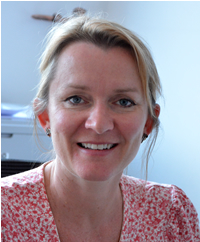
Rachel Sabates-Wheeler is a Development Economist with extensive experience in rural development, institutional analysis, migration and social protection, including 2.5 years leading research on Land Policy in Albania and 2.5 years in Rwanda working as Chief of Research and Social Policy for UNICEF.
A Research Fellow at the IDS since 2001, a Director of the Centre for Social Protection since 2006 and co-leader of the Rural Futures Cluster, Rachel’s primary geographic research focus is Eastern and Southern Africa – having worked in over 8 African countries. Much of the analysis informing her work utilises mixed methods research and data analysis. She has led and been involved in a number of studies that explore understandings of risk and vulnerability both conceptually and empirically and has published numerous articles and books on these topics.
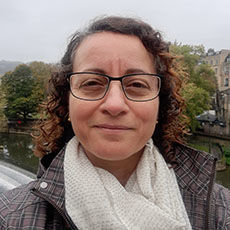
Rana Jawad is a Professor of Global Social Policy at the University of Birmingham, specialising in welfare systems and social policy in the Middle East and North Africa (MENA). Her research focuses on institutional change, programme design, and the politics of poverty and inequality, with key interests in social care, insurance, and assistance. She has expertise in Case Study design, Grounded Theory, Fuzzy Sets, and Policy Labs.
Rana also explores the role of religion in shaping social policy in both the UK and MENA, examining how faith-based values and actors influence service provision and policy narratives. More recently, her work has extended to the intersection of social policy, conflict, and peace building, with a focus on equitable peace in the MENA region.
She is co-founder and convener of the MENA Social Policy Network, an international hub for academic and policy collaboration in the region.
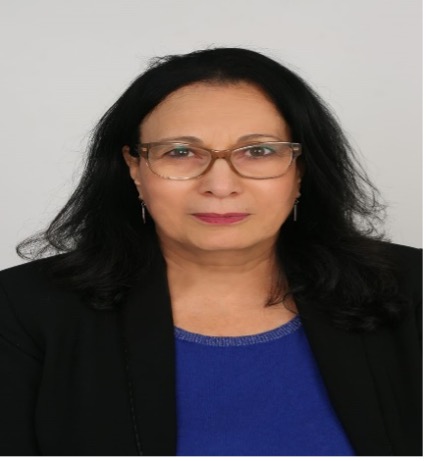
Yamina El Kirat El Allame earned her Doctorat d’état in Minority Languages, Cultures, and Identities. She is the director of the Moroccan Institute for Advanced Studies at Mohammed V University, and the coordinator of the UNIMED SUB-Network on migration. El Kirat was a Fulbright Visiting Scholar at Greenville Tech in 2010 with the program entitled “Direct Access to the Muslim World” where she helped in developing a program entitled “Middle Eastern Studies”. She was the local chair of MENASP 10th Anniversary Conference held in Morocco on July 11-12, 2023. She has taught and carried out research in cultural anthropology, minority identities, languages and cultures, cultural representations and attitudes, gender issues, and language and educational policies, internationalization of higher education for more than 30 years. Her interest in all these issues stems from her personal experience and interest in the linguistic, cultural, social, educational and political issues in North Africa in general and the Moroccan context in particular. She is an international adviser and consultant in the field of international education, study abroad and language and educational policies.
HUB ADVISORY COMMITTEE
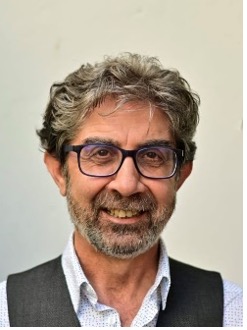
Fouad M. Fouad, M.D. is a Professor of Social Sciences and Global Health at the Liverpool School of Tropical Medicine and an Adjunct Professor at the Faculty of Health Sciences at the American University of Beirut (AUB), Lebanon. His research focuses on migration and health, with an emphasis on multidisciplinary approaches to forced displacement, health systems in humanitarian settings, and the political economy of health in protracted crises. Fouad is a member of several global technical working groups, including the WHO Global Consultation on the Health of Migrants and Refugees and the Global Research Agenda on Health and Migration, reflecting his leadership and influence in the field.
Fouad was a commissioner with the UCL–Lancet Commission on Migration and Health (2018) and currently serves on the Lancet Commission on Health, Conflict, and Forced Migration. He has authored over 100 academic articles, opinion pieces, and reports in leading journals and media platforms, including The Lancet, BMJ, PLOS, Conflict and Health, Social Science & Medicine, and The New York Times. His contributions to the field were recognized in The Lancet, which featured a profile on his work on forced displacement. Fouad M Fouad: enriching the dialogue on displacement and health – The Lancet
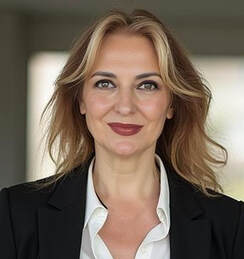
Isabel Ortiz is Director of Global Social Justice, a think-tank based in Geneva, as well as Director of the Global Social Justice Program at Joseph Stiglitz’s Initiative for Policy Dialogue, based at Columbia University, New York. Since 2015, she has also served on the Board of Directors of the Center for Economic and Policy Research (CEPR).
She has worked in more than 50 countries in all world regions, providing advisory services to governments and engaging in high level initiatives at the United Nations, G20, BRICS, African Union and UNASUR, among others. Additionally, she actively supports policy advocacy work of civil society organizations.
She was educated in Barcelona and the UK (MSc. and PhD. London School of Economics). She has more than 95 publications (see BOOKS and PAPERS) translated in several languages.
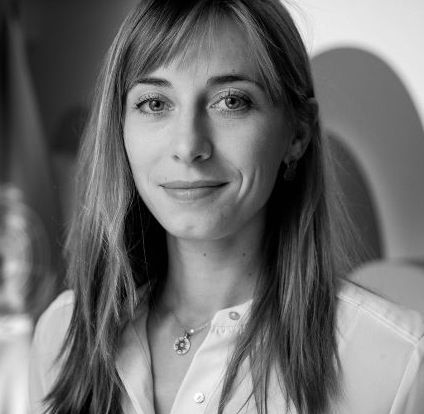
Lena Simet is a senior researcher and advocate on poverty and inequality at Human Rights Watch, where her research focuses on the human rights impact of economic, fiscal, and social policies, particularly in relation to social protection and the intersection of technology and workers’ rights. She previously served as coordinator and lead researcher of the Global Urban Futures project at The New School, a research initiative on inequality, jobless growth, and climate change. Lena has consulted for the United Nations, including as a lead author of a Human Development Report. She holds a PhD in Public and Urban Policy from The New School, where she also taught graduate courses in development economics. She is the author of the book Cities and Economic Inequality in Latin America (2022).
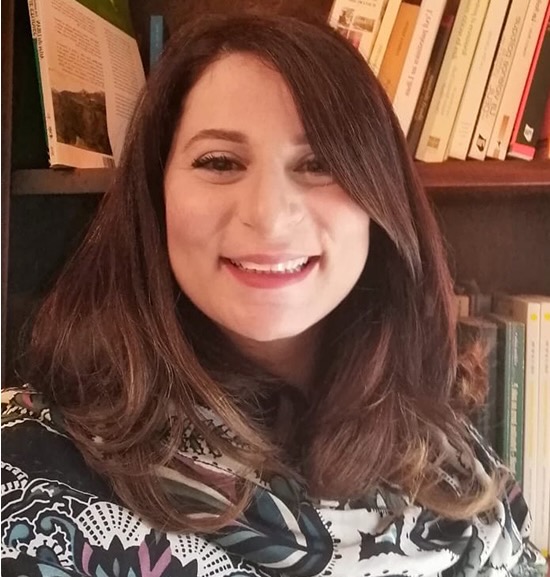
Marie-Noëlle AbiYaghi is the co-director of the Centre for Social Science Research and Action (CeSSRA). She joined the centre in 2014, and has initiated and institutionalized the research axis of the centre, maintaining synergies between the academic and the practitioner fields. She ensures the scientific rigor of the contextualised research produced by a multidisciplinary team of scholars, while facilitating the insertion of homegrown research within global theoretical debates and fora.
She has previously worked in academia, as well as in international organisations. As a scholar, she specialises in the sociology of political processes, contentious politics, and the social question in the MENA. Marie-Noëlle holds a PhD in Political Science from the Université Paris I Panthéon-Sorbonne, France.
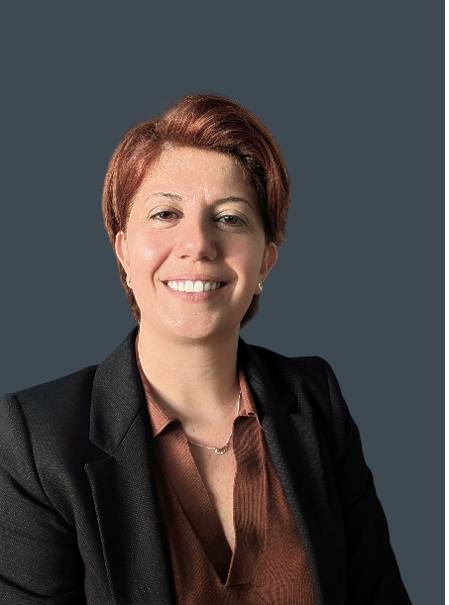
Rania Eghnatios is an independent consultant specializing in social protection policy and systems in the MENA region. She brings over a decade of experience across policy advisory, programme management and development, and actuarial consulting. Her work focuses on strengthening the design, governance, financing and inclusiveness of social protection schemes. She also brings cross-cutting expertise and experience in gender justice and disability inclusion.
Previously, Rania served as a Social Protection Specialist and Programme Manager at the International Labour Organization (ILO) in Lebanon, where she led a multidisciplinary team working on the design and implementation of social insurance and social assistance programs. Her portfolio includes design and implementation support to pension and social health protection systems, unemployment schemes, active labour market policies, and social allowances. She provides technical assistance and policy advice to governments, policymakers, international organizations, and civil society actors, promoting strategies that align with international standards and are tailored to complex, fragile, and crisis-affected contexts.
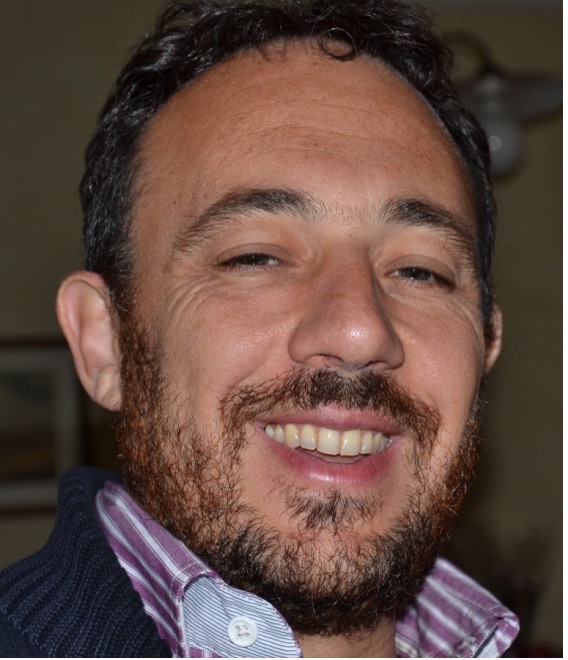
Stefano Prato is the Managing Director of the Society for International Development (SID) and the Editor of SID’s Quarterly Journal “Development”. He is the global coordinator of the Civil Society Financing for Development Mechanism. He served as Co-Chair of the HLPF Major Groups and other Stakeholders Coordination Mechanism until August 2021 and as member of the Editing Team of the annual Spotlight Report on Sustainable Development. He also served as one of the Advisors to the UN Secretary General’s High-Level Panel of Eminent Personalities for the Post-2015 Development Agenda. He worked extensively on food sovereignty and transformation, in the capacity of co-coordinator of the global Civil Society Nutrition Group and a very active participant of the Civil Society and Indigenous Peoples’ Mechanism (CSIPM) of the Committee on World Food Security, as co-facilitator the CSIPM Working Groups on Food Systems & Nutrition, Agroecology, and Sustainable Agriculture & Livestock. His most recent areas of interest are related to the democratization of global economic governance and the reform of the international financial architecture, pathways to de-financialization of the global economy, the corporate capture of food, agriculture and nutrition, and the political economies of inequalities and socio-economic transformation, particularly in the African context.
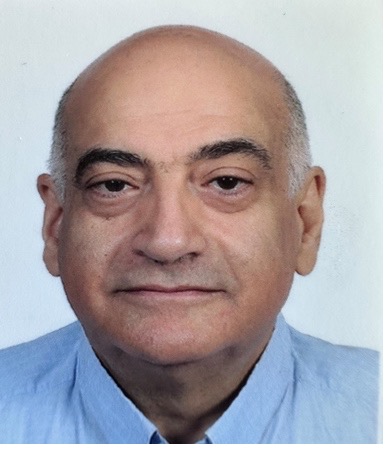
Ziad Abdel Samad is the Co-Founder and Executive Director of the Arab NGO Network for Development (ANND), a Beirut-based regional civil society network established in 1997. ANND focuses on issues related to social justice, democracy, human rights, and particularly socio-economic rights and the right to development.
He also teaches at the Lebanese American University (LAU) and Université Saint-Joseph (USJ) in Beirut. In addition, he is a member of the International Advisory Committee of the Asfari Institute at the American University of Beirut (AUB).
Since 2009, he has served as Co-Founder and Coordinator of the Arab Network for Democratic Elections (ANDE), a regional network that advocates for electoral reform and transparent election processes.
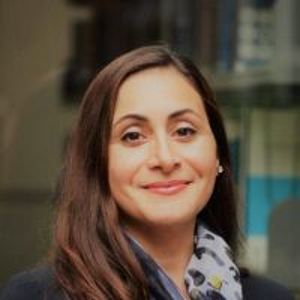
Zina Nimeh is an Associate Professor of Public Policy at UNU-MERIT and Maastricht University, with over twenty years of academic and professional experience in public policy, social policy, governance, and public sector reform. She earned her PhD in Public Policy and Social Protection from Maastricht University in 2012 under a Marie Curie research grant. She also holds a bachelor’s degree in finance from Xavier University and a master’s degree in Labour and Human Resources from The Ohio State University.
Nimeh’s expertise lies in public policy, social protection systems and financing, governance, and social cohesion. Her regional focus includes the Middle East and North Africa, as well as other emerging market contexts and Europe. In addition to her academic work, she has held managerial and consulting roles in the areas of human development, social policy, and public sector reform, with a particular emphasis on employment, education, and social exclusion. She has extensive experience in policy development and implementation and continues to serve as a consultant to national governments and international organizations.
HUB FOUNDING PARTNERS

Custodian: Arab Reform Initiative
ARI is an independent Arab think tank working with expert partners in the Middle East and North Africa and beyond to articulate a home-grown agenda for democratic change. It conducts research and policy analysis and provides a platform for inspirational voices based on the principles of diversity, impartiality, gender equality and social justice.
www.arab-reform.net
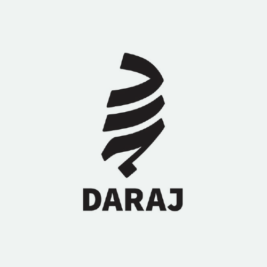
Media Partner: Daraj Media
Daraj is an independent digital media platform created by experienced journalists. Our goal is to offer Arabic speakers an alternative kind of journalism, free from political funding and influence, which controls other mainstream Arab media institutions.
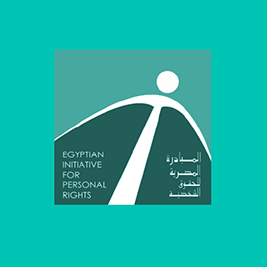
Research Partner: Egyptian Initiative for Personal Rights
EIPR has been working since 2002 to strengthen and protect basic rights and freedoms in Egypt, through research, advocacy and supporting litigation in the fields of civil liberties, economic and social rights, and criminal justice.

Media Partner: Inkyfada
Inkyfada is an independent, nonprofit media group founded in 2014 by a team of journalists, developers, and graphic designers with the goal of supporting the public interest through innovative journalistic content.
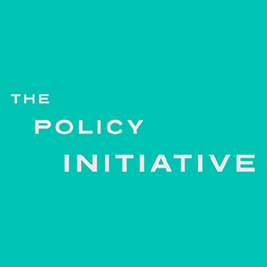
Research Partner: The Policy initiative
The Policy Initiative aims to engage key stakeholders, inform the public and empower local communities through shaping policies, incentives and behaviours of state and societal actors.

Media Partner: Mada Masr
Mada Masr is an Egypt-based media organization interested in producing intelligent and engaging journalism, and more generally in re-examining the role of media in relation to its public.
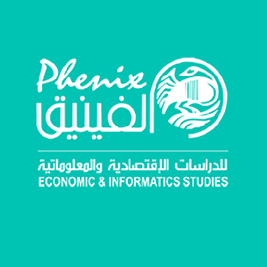
Research Partner: Phenix Center for Economic and Informatics Studies
Phenix Center for Economics & Informatics Studies is a non-governmental organization dedicated to independent policy research and measuring public opinions on impactful current and emerging issues in areas of economics, society, and its legislative environment in Jordan.
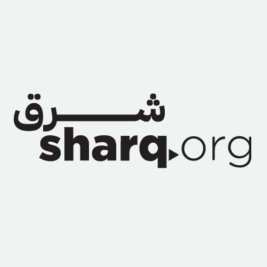
Communication Partner: Sharq.Org
The transnational non-profit organisation Sharq.Org joined the Hub as a communication partner in 2022 to support the enhancement of both its visibility and awareness of social protection issues among a wider network of media, academic and policy professionals, as well as the wider public.
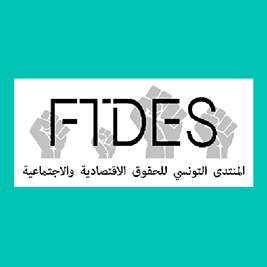
Research Partner: The Tunisian Forum for Social and Economic Rights
FTDES (by its French acronym), is a non-governmental, non-partisan, independent organization established in 2011 to defend peoples’ economic and social rights at the national and international levels. It works on several themes including labor rights, women’s rights, environmental rights, migrants’ rights, and social movements.
HUB CURRENT PARTNERS
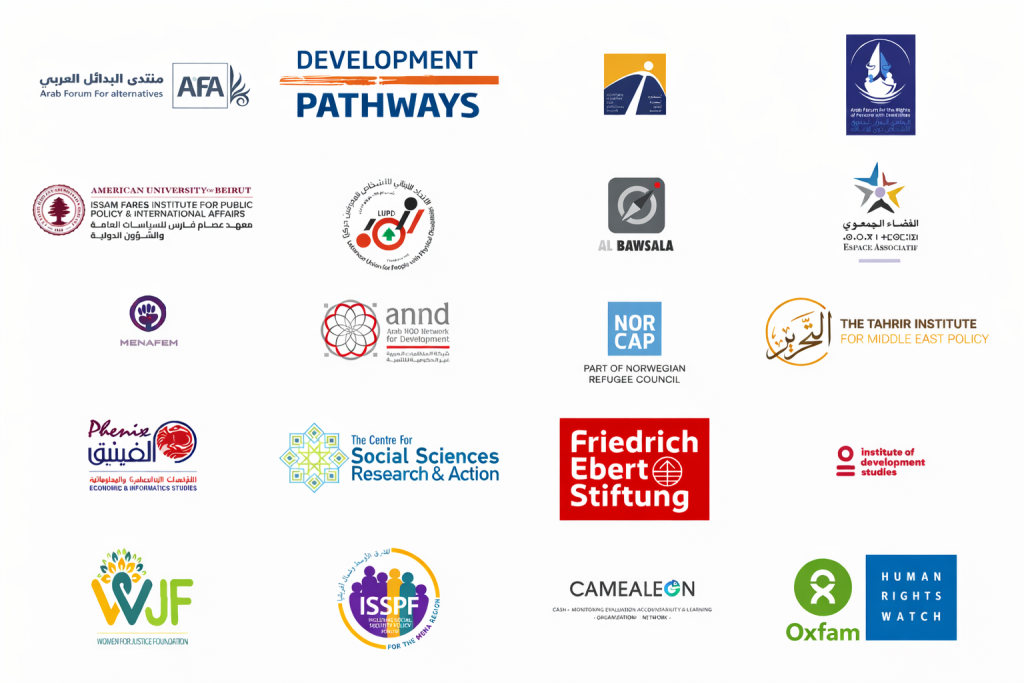
FOUNDING DONOR

The International Development Research Centre (IDRC)
CURRENT DONORS
